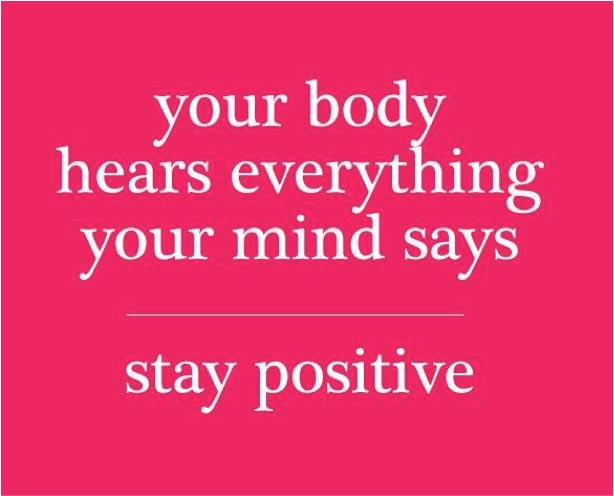mental health
Madisonhealth Blog
You may ask how to get stability of mind. Everyone has positive and negative experiences that effect their mental health. When you focus on positive emotions from your experiences, you have a greater chance of improving your health. Furthermore, negative emotions lead to developing fear and anxiety while a positive outlook can benefit your physical and mental health, according to News In Health. Most doctors in town ask questions related to your mental health and stability. They also are prepared to help you access good mental health care. There are three things that can help you obtain a stability in your mental health. These include first developing a resilience, second focusing on important things, and last developing a sense of meaning and purpose in your life. 1. Develop Resilience Resilience is the power to rebound after difficult times. Self-reflection is one of the main things you can do to develop resilience. Reflect...
About 10 to 20 percent of people may have mild Seasonal Affective Disorder (SAD). SAD is four times more common in women than in men. Although some children and teenagers get SAD, it usually doesn’t start in people younger than age 20. Your chance of getting SAD goes down as you get older. Tanning beds shouldn’t be used to treat SAD. The light sources in tanning beds are high in ultraviolet (UV) rays, which harm your eyes and your skin. “Winter blues is a general term, not a medical diagnosis. It’s fairly common, and it’s more mild than serious. It usually clears up on its own in a fairly short amount of time,” says Dr. Matthew Rudorfer, a mental health expert at NIH. The so-called winter blues are often linked to something specific, such as stressful holidays or reminders of absent loved ones. “Seasonal affective disorder, though, is different. It’s a...
One in four young adults, between the ages of 18 and 24, have a diagnosable mental illness. Mental illness and health issues in college students have increased dramatically since 2000. More than 11 percent of college students have been diagnosed or treated for anxiety in 2016 and more than 10 percent reported being diagnosed or treated for depression. 64 percent of young adults who are no longer in college are not attending college because of a mental health related reason, according to the CSC. Depression, anxiety, and bipolar disorder are the primary diagnoses of these young adults. A.P.A Symptoms of Diagnoses Depression Symptoms: Mood: Sadness, feelings of being overwhelmed, feelings of hopelessness, and feelings of powerlessness Behavioral: Changes in sleep habits, sleeping more or difficulty sleeping. Appetite changes, including either a loss of appetite or overeating Cognitive: Seeing a glass ‘half-empty,’ having trouble concentrating and paying attention, resulting in difficulty in reading and...
Stay Positive
- Write about a positive future.
- Keep a gratitude journal.
- Change unhealthy self-talk.
- Remember achievements.
Link & Source:
http://www.mentalhealthamerica.net/stay-positive
Showing all 4 results




